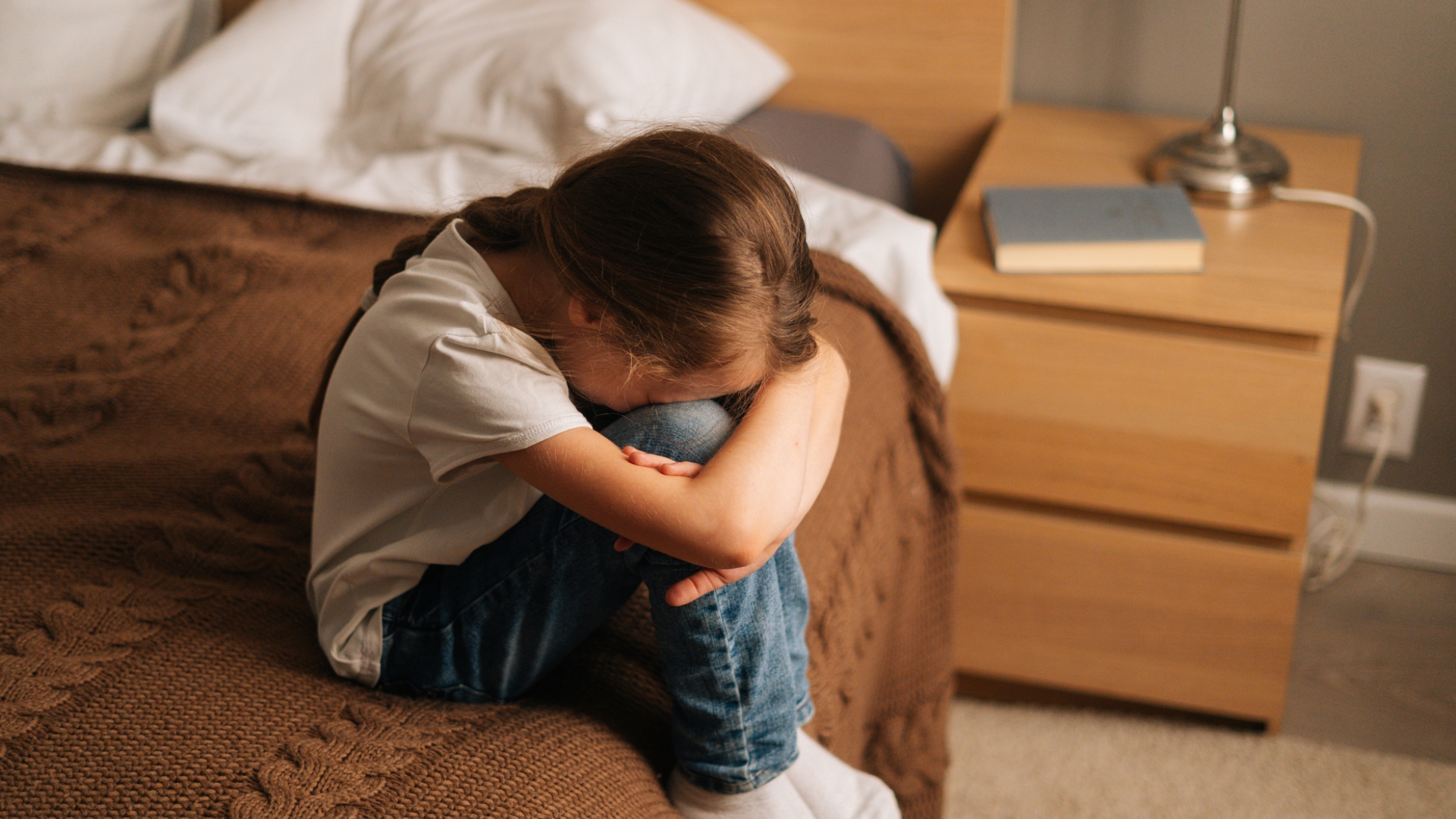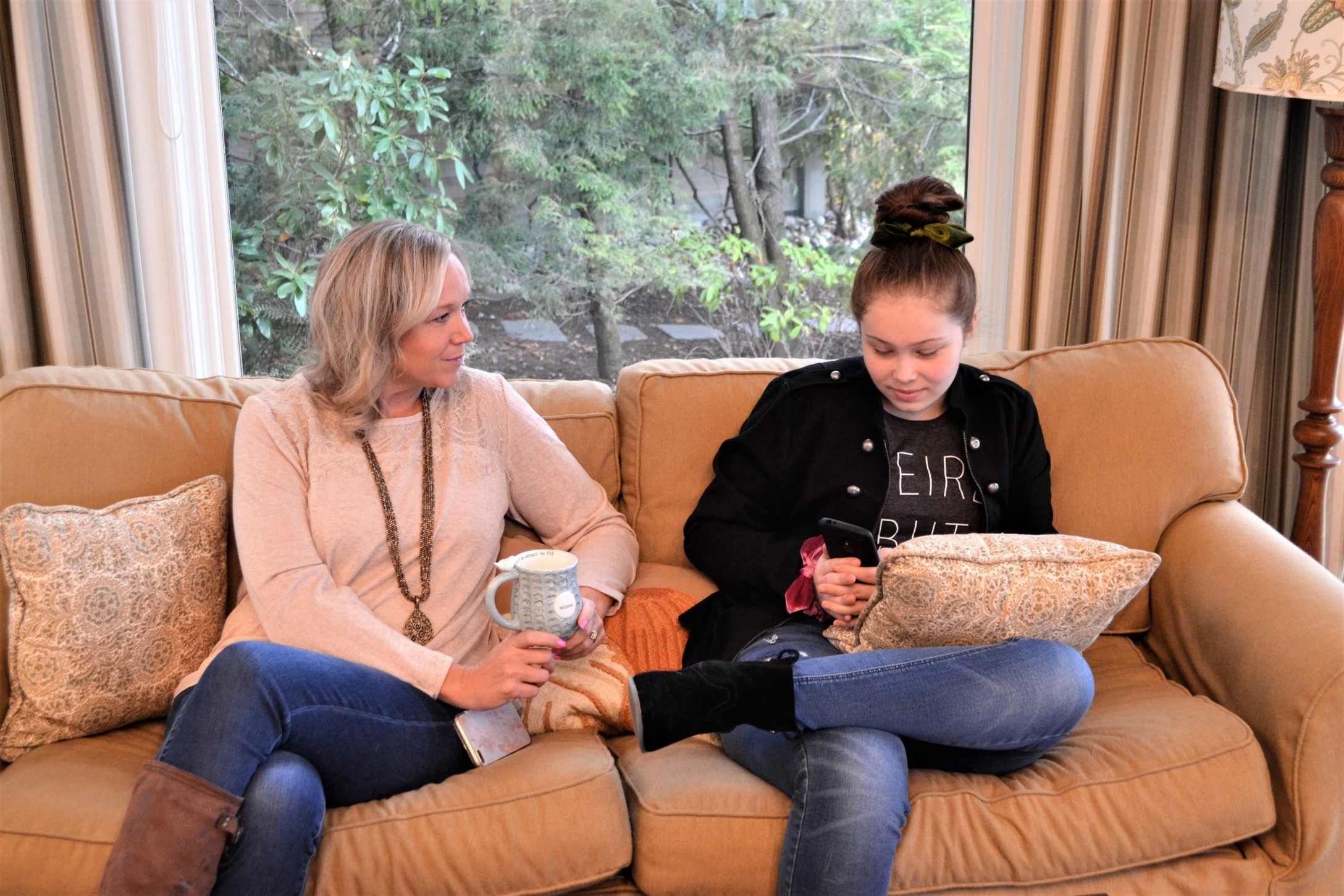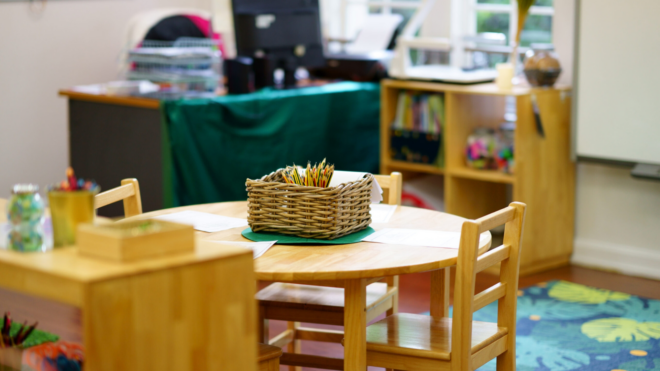Friendships are an essential part of a child's development. Some of our first friends were the ones who taught us how to share ideas, play together, make jokes, and navigate differences of opinion. As parents, we want our kids to have meaningful and authentic relationships that build their self-esteem so they can learn how to lean on one another. But what if you're getting bad vibes from one of their friends? How can you tell if they have your child's best interests at heart or are looking to tear them apart? Here are 10 signs your child's friend may be toxic.
More from CafeMom: Mom Wonders If She Can Get Away With Not Inviting Her Best Friend's 'Mean' Kids to Her Child's Party
1. Unequal Treatment

Is your child always going along with what their friend wants to do? For instance, you know your kid loves bike riding and playing outside, but every time the friend is over, they're staying indoors and watching videos instead. Do you think they lack a voice in the friendship? If so, there may be unequal treatment.
Healthy friendships require mutual effort and support. If your child is always the one inviting the friend out, reaching out, making plans, or offering help, it could indicate an unbalanced friendship.
2. Unkind Behavior

Be aware of how your child feels after hanging out with the friend. Toxic friendships often involve relentless negativity. If the friend consistently brings your child down, criticizes their ideas, or dismisses their achievements, it might be a red flag.
It's important for your child to understand the difference between constructive criticism and mean behavior. Constructive criticism is normal, but if the friend consistently belittles them, mocks their interests, or insults them, it's a sign of toxicity.
3. Excessive Drama

One day your child is best friends with the person and the next they are enemies. How often is your child fighting with the friend?
Toxic friendships often involve drama, frequent arguments, and emotional turmoil. A toxic friend isn't trustworthy. That person will spread rumors, lie, and break promises, leaving your child feeling drained and emotionally exhausted.
4. Jealousy and Competitiveness

When your child achieves something great, how does the friend respond? Is the friend genuinely happy for your child or is the person minimizing and/or invalidating your child's success?
Toxic friends do not celebrate their friends' positive attributes. This can be academic performance, physical appearance, social connections, or athletic ability. Instead of support, they feel jealous and competitive and will try to outdo them. This creates a toxic dynamic.
More from CafeMom: My Friend Won't Hang Out With Me Now That I'm a Mom & I Got Frustrated & Snapped
5. Isolation From Others

Is your child only hanging out with this one friend? Have friendships ended with everyone else?
Toxic friends will socially exclude others and isolate your child from spending time with anyone else and maintaining other friendships. This can cause your child to depend on that friend, limiting their support network and negatively affecting their self-esteem.
6. Lack of Respect for Boundaries
Is your child picking up bad habits and behaviors from this particular friend? Toxic friends may disregard boundaries and cross lines. Healthy and supportive friends will stand up for each other. They do not peer pressure each other into doing things that are inappropriate or uncomfortable.
7. Superficial Support

Is your child's friend consistently there for them? True friends will stand by your child during both good and bad times. If your child's friend is only present when things are going well but disappear during stressful situations, it may indicate a superficial connection.
8. Mind Games

Does your child's friend tend to play mind games with your child? This may mean using guilt or emotional blackmail to get their way. The friend may also gaslight your child by manipulating their perception of reality, causing your child to doubt their feelings or experiences.
If your child is constantly feeling confused about the friend and how they feel about them, they may be more foe than friend.
More from CafeMom: 16 of Hollywood's Most Unlikely Friendships
9. Overly Rebellious

Is the friend the type to get into trouble with the law? Do they tend to break rules and have a disregard for authority?
Spending time with kids who like engaging in risky activities and behaviors can influence your child into following suit.
10. Gut Feeling

You know your child best. If you're getting bad vibes from their friend, don't brush it off. It's worth having a conversation with your child about what healthy and unhealthy friendships look like.
Say that recognizing toxic friendships is essential for their well-being. If they identify with these signs, encourage them to think about whether the friendship is worth maintaining or if it's healthier to distance themselves and prioritize their emotional health.




